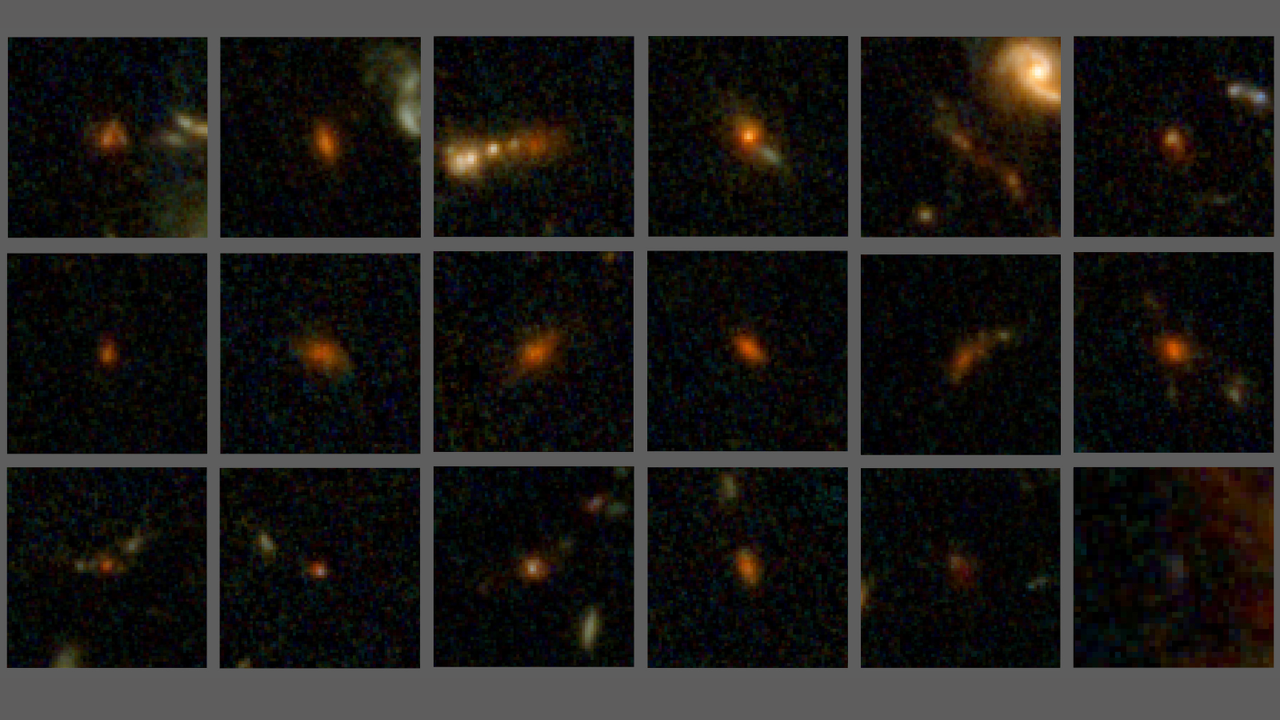Releasing its report, “Bangladesh: IPs Massacred for Land Grab”, Asian Centre for Human Rights demanded that the government of Bangladesh provides immediate and unrestricted access to massacre sites. The government of Bangladesh has so far denied access to the sites where scores of indigenous Chakmas in 14 villages under Sajek Union were massacred on 19-20 February 2010.
The ACHR stated that at least eight Chakmas were shot dead by the Bangladesh army personnel while dozens were injured on 19-20 February 2010. The injured ones who went to government hospital for treatment of bullet injuries sustained in the firing by the Bangladesh army personnel were shown arrested in connection with the attacks on indigenous Jumma peoples since 19 February 2010.
In order to prevent the truth from coming out, the Bangladesh army personnel have prevented any independent observer including journalists and human rights activists from visiting the affected areas to hide the truth. On 20 February 2010, two journalists from the Bengal dailies - “Samakal” and “Prothom Alo” - who tried to visit the affected areas were attacked. The motorbike of “Samakal” correspondent was burnt down by the illegal plain settlers.
“It is established beyond any reasonable doubt that the Bangladesh army is denying access to the sites to prevent the truth from coming out. The arrest of six Chakmas who got admitted at Baghachari army camp with bullet injuries sustained in the firing of the Bangladesh Army for alleged rioting is a direct attempt to discourage the indigenous peoples from approaching the authorities and therefore, keep the massacre under the carpet.” – stated Mr Suhas Chakma, Director of Asian Centre for Human Rights.
ACHR questioned the silence of Prime Minister Sheikh Hasina who has recently been awarded Indira Gandhi Peace Award by the government of India, among others, for promoting“peace by resolving a long standing insurgency (problem) in Bangladesh by concluding the Chittagong Hill Tracts Peace Accord”f. ACHR has urged the Prime Minister to order a judicial inquiry into the killings of indigenous peoples at Sajek to be completed in ninety days, prosecute the culprits, provide proper resettlement and rehabilitation to the victims; terminate the military operation “Uttaran” in the CHTs, withdraw all the military forces to the cantonments and fully implement the CHTs Accord of 1997. Asian Centre for Human Rights (ACHR) condemned burning down of more villages of indigenous Chakma and tribal peoples today i.e. 23 February 2010 under Khagrachari district of Chittagong Hill Tracts (CHTs), Bangladesh. Dozens of houses were set on fire at Mahajanpara and Milanpur villages at Khagrachari by the illegal plain settlers with the backing of the Bangladesh Army personnel at the time of issuing this press release. The illegal plain settlers took advantage of a strike called by the United Peoples Democratic Front, a political party of the indigenous Jumma peoples, protesting against the killings of indigenous Jumma people at Sajek Union under Rangamati district on 19-20 February 2010.
Releasing its report, “Bangladesh: IPs Massacred for Land Grab”, Asian Centre for Human Rights demanded that the government of Bangladesh provides immediate and unrestricted access to massacre sites. The government of Bangladesh has so far denied access to the sites where scores of indigenous Chakmas in 14 villages under Sajek Union were massacred on 19-20 February 2010.
The ACHR stated that at least eight Chakmas were shot dead by the Bangladesh army personnel while dozens were injured on 19-20 February 2010. The injured ones who went to government hospital for treatment of bullet injuries sustained in the firing by the Bangladesh army personnel were shown arrested in connection with the attacks on indigenous Jumma peoples since 19 February 2010.
In order to prevent the truth from coming out, the Bangladesh army personnel have prevented any independent observer including journalists and human rights activists from visiting the affected areas to hide the truth. On 20 February 2010, two journalists from the Bengal dailies - “Samakal” and “Prothom Alo” - who tried to visit the affected areas were attacked. The motorbike of “Samakal” correspondent was burnt down by the illegal plain settlers.
“It is established beyond any reasonable doubt that the Bangladesh army is denying access to the sites to prevent the truth from coming out. The arrest of six Chakmas who got admitted at Baghachari army camp with bullet injuries sustained in the firing of the Bangladesh Army for alleged rioting is a direct attempt to discourage the indigenous peoples from approaching the authorities and therefore, keep the massacre under the carpet.” – stated Mr Suhas Chakma, Director of Asian Centre for Human Rights.
ACHR questioned the silence of Prime Minister Sheikh Hasina who has recently been awarded Indira Gandhi Peace Award by the government of India, among others, for promoting“peace by resolving a long standing insurgency (problem) in Bangladesh by concluding the Chittagong Hill Tracts Peace Accord”f. ACHR has urged the Prime Minister to order a judicial inquiry into the killings of indigenous peoples at Sajek to be completed in ninety days, prosecute the culprits, provide proper resettlement and rehabilitation to the victims; terminate the military operation “Uttaran” in the CHTs, withdraw all the military forces to the cantonments and fully implement the CHTs Accord of 1997.








































.jpg)




























































